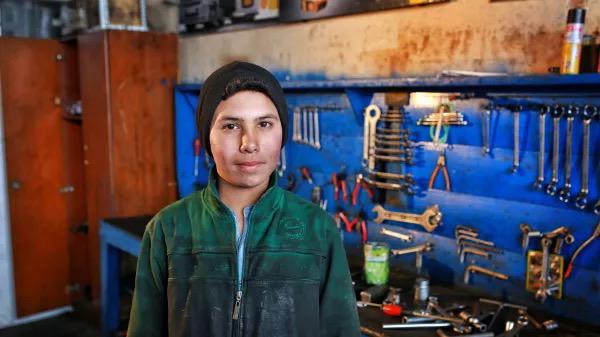
The International Labour Organization (ILO) has released a new report highlighting a troubling trend among young people globally.
While the youth unemployment rate has dropped to 13%—the lowest in 15 years—approximately 20.4% of young people aged 15 to 24 are not in employment, education or training (NEET).
This figure raises serious concerns about the future prospects for millions of youth.
The report, titled “Global Employment Trends for Youth 2024,” indicates that the post-COVID-19 recovery has not benefited all young people equally.
Many regions, including the Arab States and East Asia, report higher youth unemployment rates in 2023 compared to 2019.
Young women face particular challenges, with their NEET rate nearly double that of young men.
“None of us can look forward to a stable future when millions of young people around the world do not have decent work and, as a result, are feeling insecure and unable to build a better life for themselves and their families,” said ILO Director-General Gilbert F. Houngbo.
He emphasized that stability, inclusion, and social justice rely on providing decent work for youth.
The report also notes that young workers struggle to find stable jobs.
More than half of young workers globally are in informal employment, lacking the security and benefits of regular jobs.
In low-income countries, three in four young workers only find self-employed or temporary positions.
Despite these challenges, the report highlights that the youth unemployment rate is expected to decline further to 12.8% in the coming years.
However, the continuing high NEET rates and insufficient job growth create anxiety among today’s youth, who are the most educated generation ever.
The ILO calls for urgent action to address these issues, urging governments and organizations to invest in job creation, especially for young women.
The report’s authors urge young readers to join the call for change. “You have the possibility to influence policy and to advocate for decent work for all. Know your rights and continue investing in your skills,” they say.
“Be a part of the change that we all need to ensure a socially just and inclusive world,” they add.


